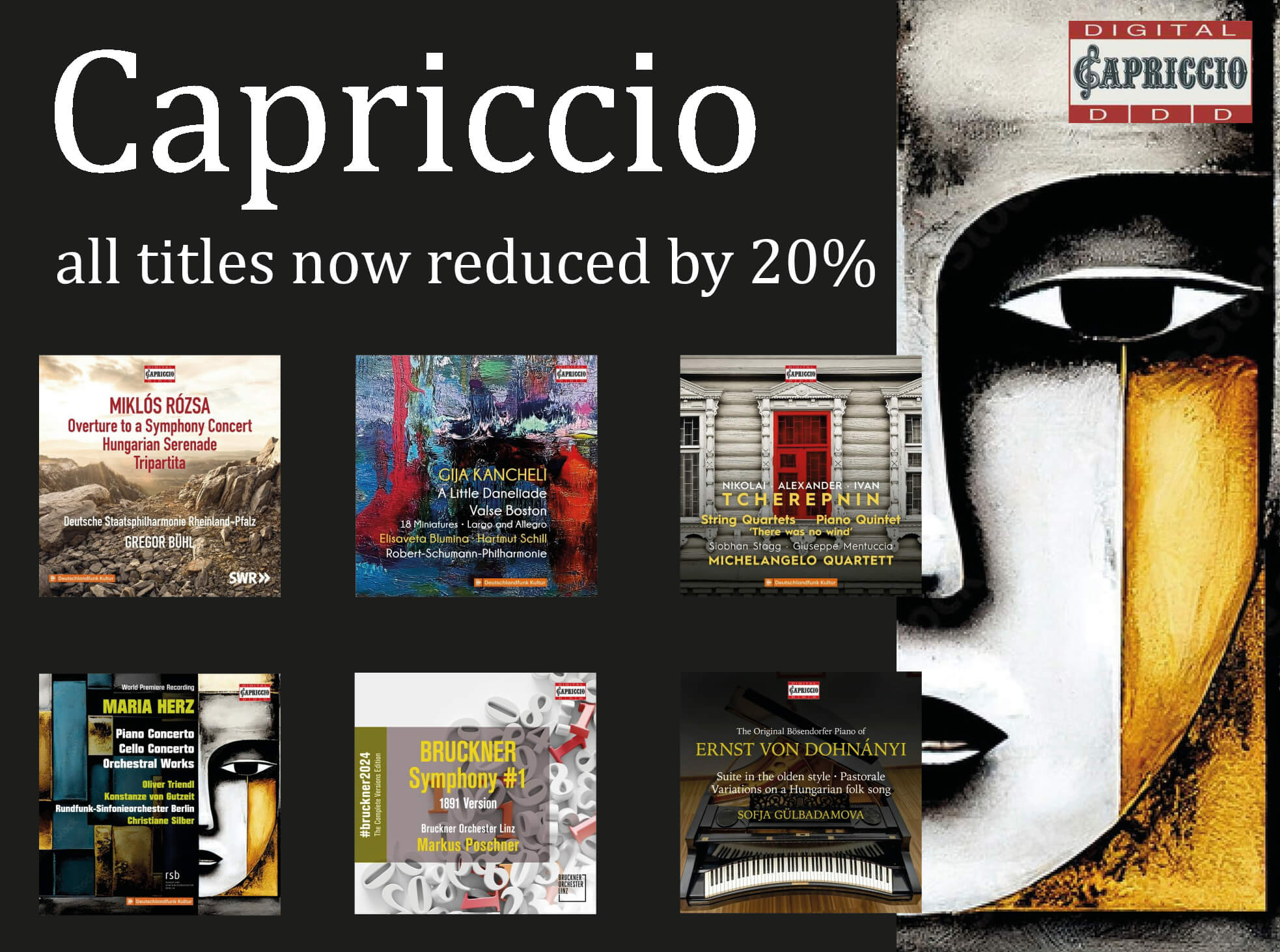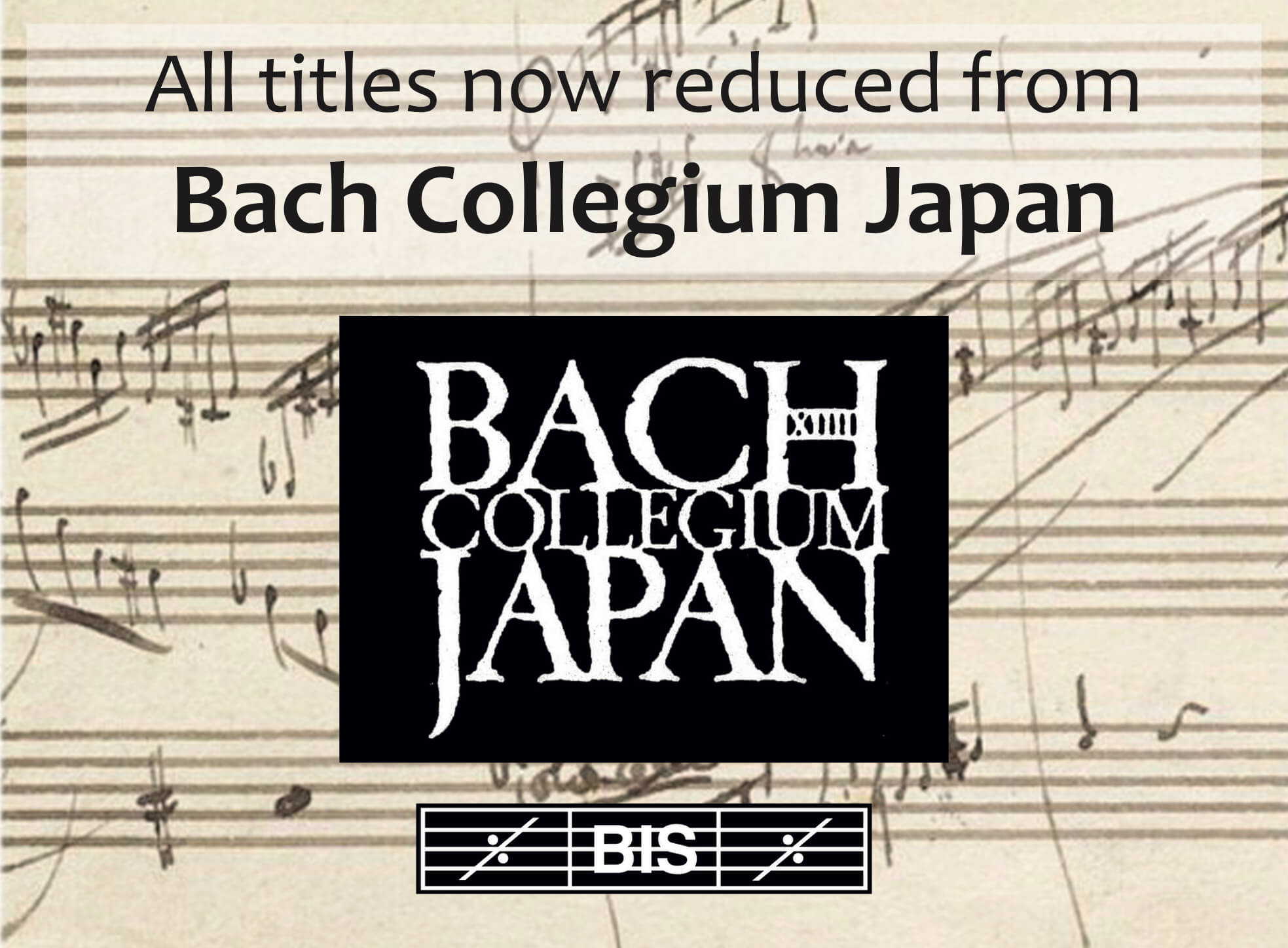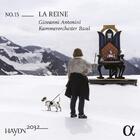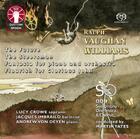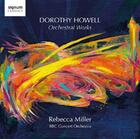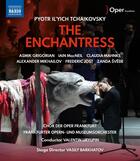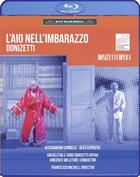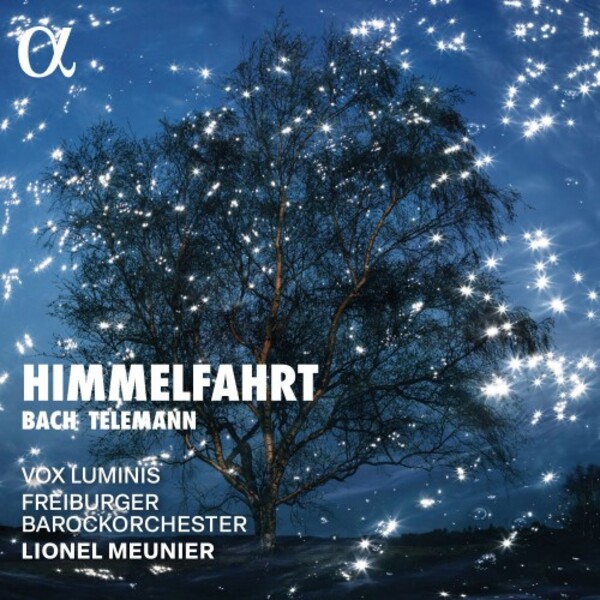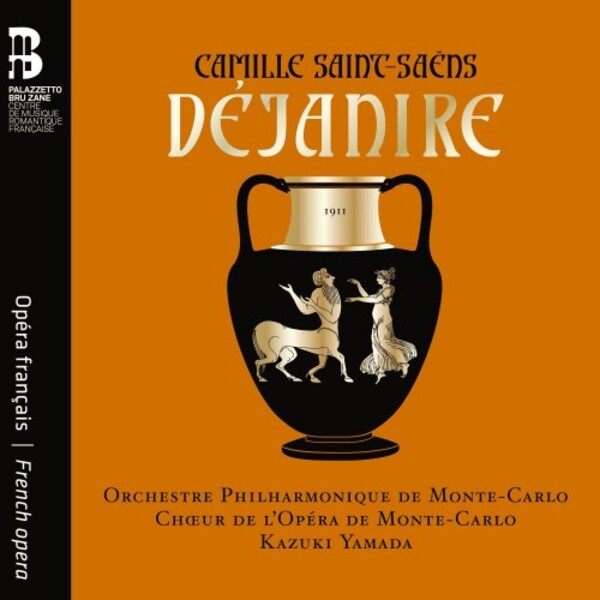
The Europadisc Review
Saint-Saens - Dejanire (CD + Book)
Kazuki Yamada, Kate Aldrich, Julien Dran, Anais Constans, Jerome Boutillier, Anna D...
£30.49
It is ten years since the ever-enterprising Palazetto Bru Zane set itself the ambitious task of resurrecting and recording all of Saint-Saëns’s neglected operas. More than a dozen exist, of which five – Les Barbares, Proserpine, Le Timbre d’argent, La Princesse jaune and Phyrné – have already appeared, to great critical acclaim and the delight of opera lovers. The latest instalment in this Herculean labour of love, rather appropriately, is Déjanire (1911), which recounts the story of the final days of the great hero-turned-tyrant Hercules and h... read more
It is ten years since the ever-enterprising Palazetto Bru Zane set itself the ambitious task of resurrecting and recording all of Saint-Saëns’s neglected operas. More than a dozen exist, of which five... read more
Saint-Saens - Dejanire (CD + Book)

Kazuki Yamada, Kate Aldrich, Julien Dran, Anais Constans, Jerome Boutillier, Anna Dowsley, Choeur de l’Opera de Monte-Carlo, Orchestre philharmonique de Monte-Carlo
The Spin Doctor Europadisc's Weekly Column

Return to Finland: Rautavaara, Saariaho & Beyond 17th April 2024
17th April 2024
Our previous visits to the music of Finland took us up to those composers born in the first decades of the 20th century, including Uuno Klami and Joonas Kokkonen. That generation brought Finnish music further away from its nationalist roots and the shadow of Sibelius, and closer to the modernism of the mid- and late 20th century. Now, on our final visit (at least for the time being), we look at two figures in particular who tackled some of modernism’s most advanced trends, and went beyond them to create outputs of distinctive originality.
Born in Helsinki just a few years after Kokkonen, Einojuhani Rautavaara (1928–2016) came from a musical household (his father was an opera singer and cantor), and initially started playing in a casual way. After the deaths of both his parents, he began more formal tuition at the University of Helsinki, and then entered the Sibelius... read more
 FREE UK SHIPPING OVER £30!
FREE UK SHIPPING OVER £30!

